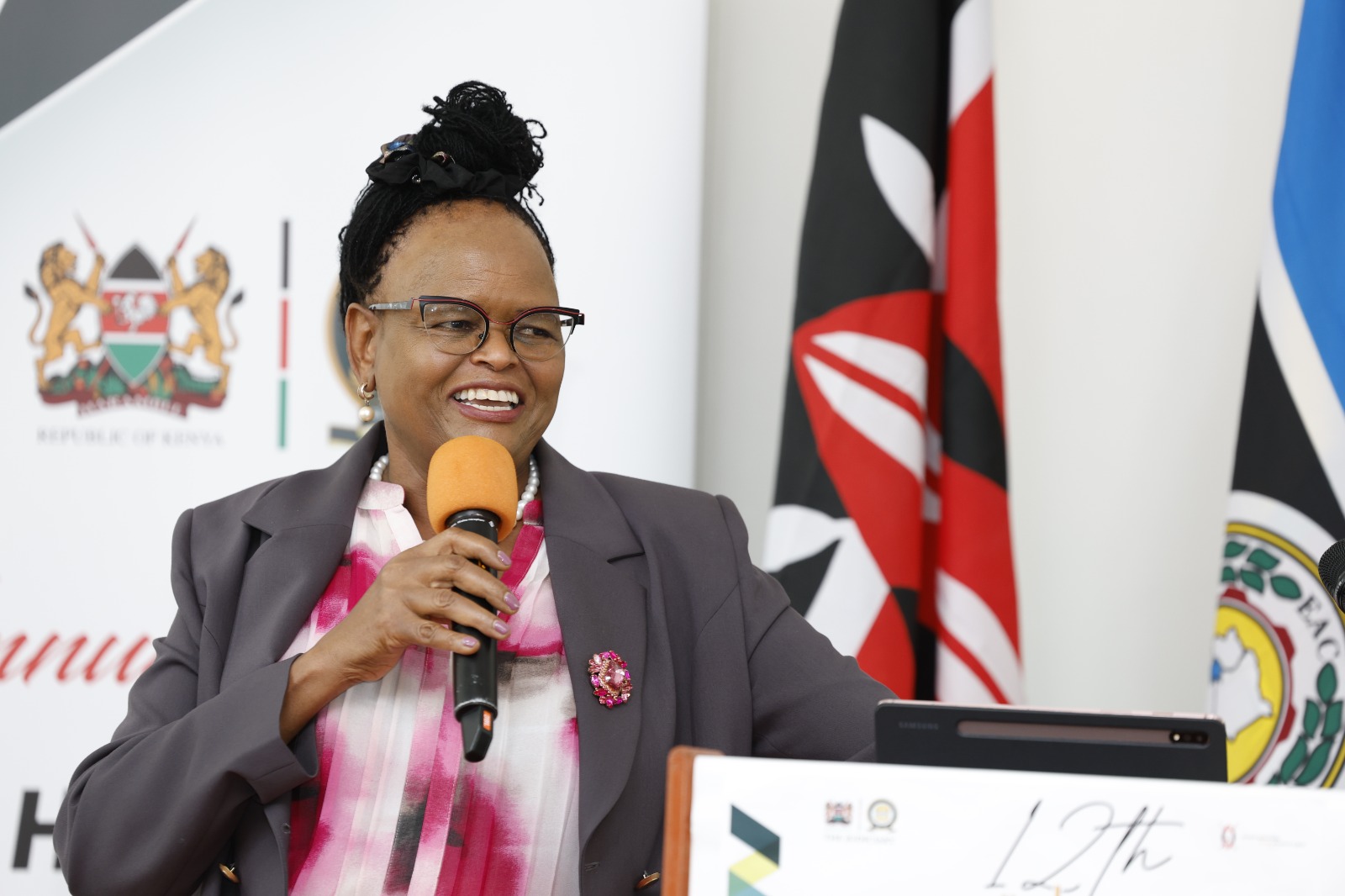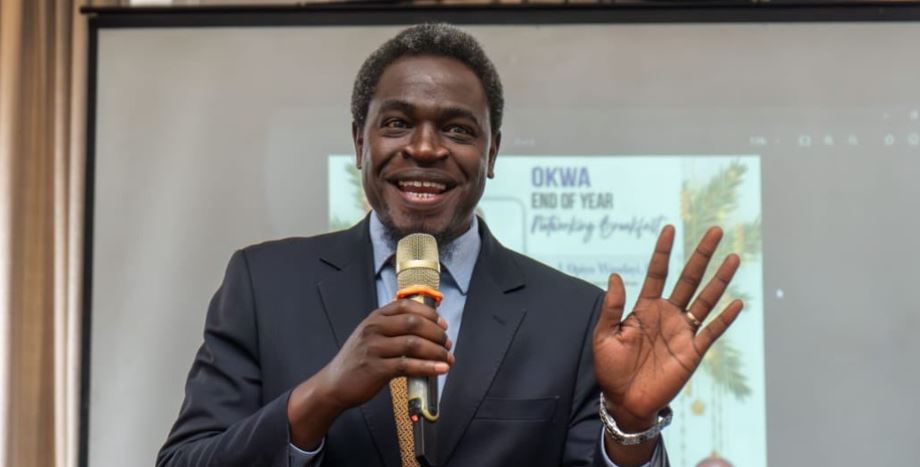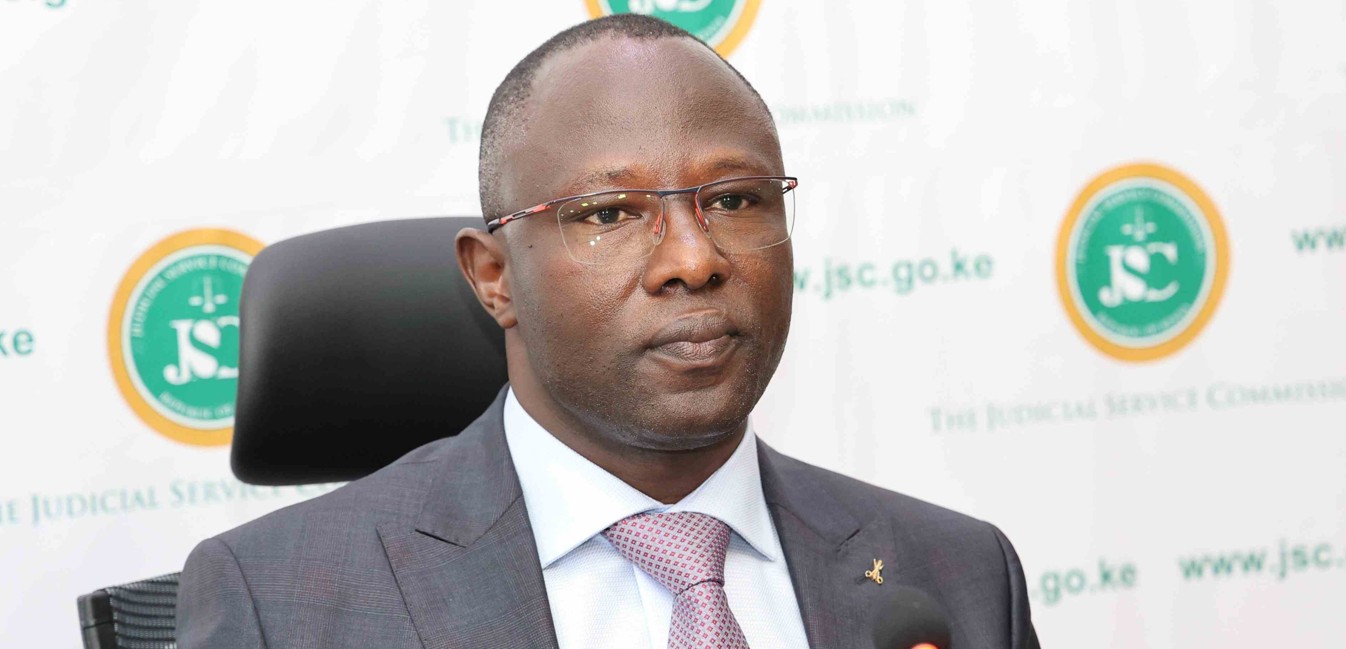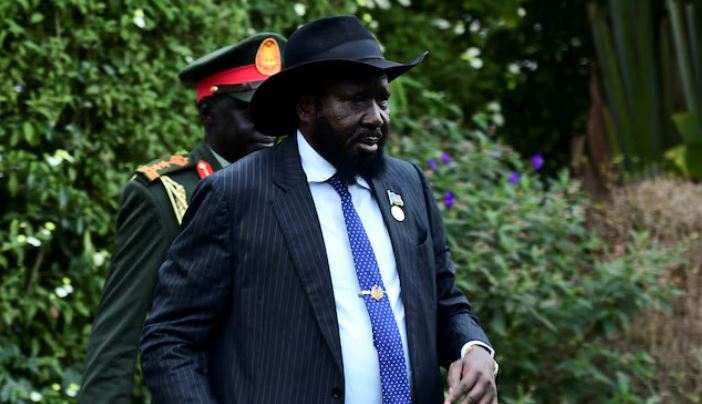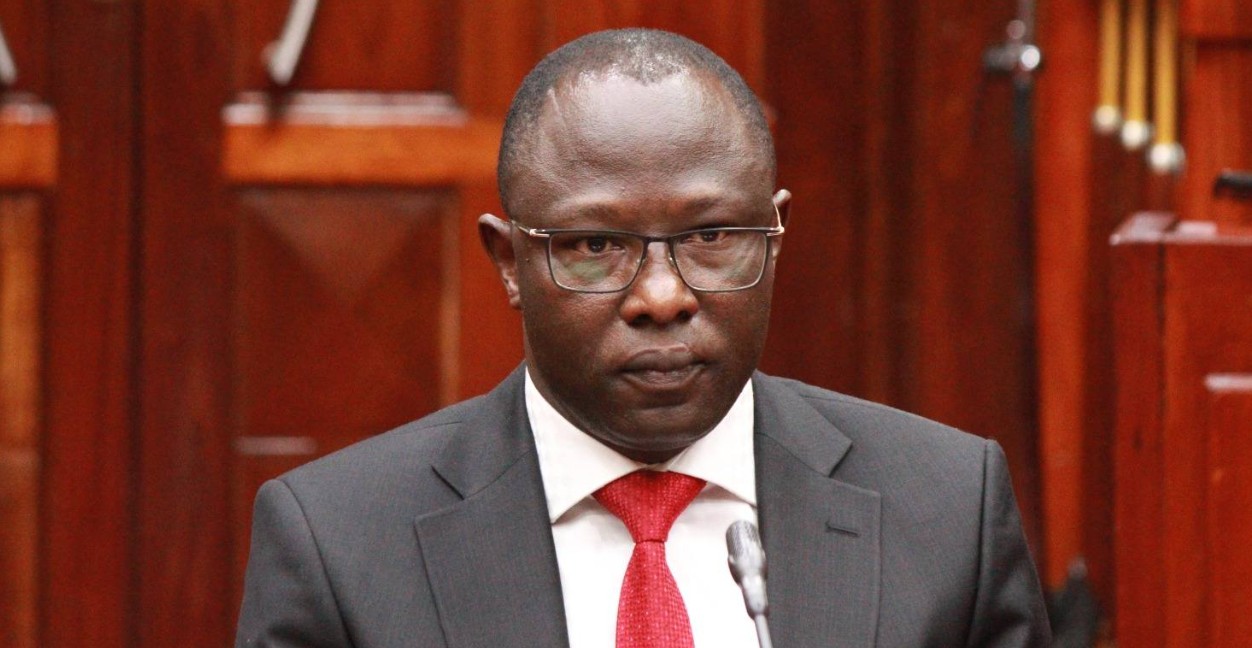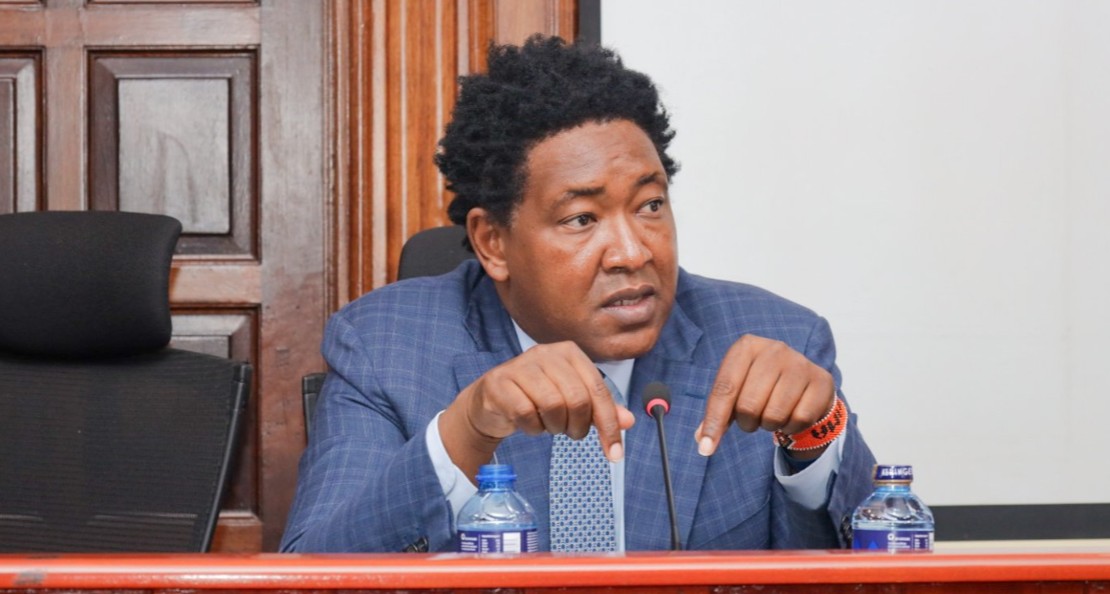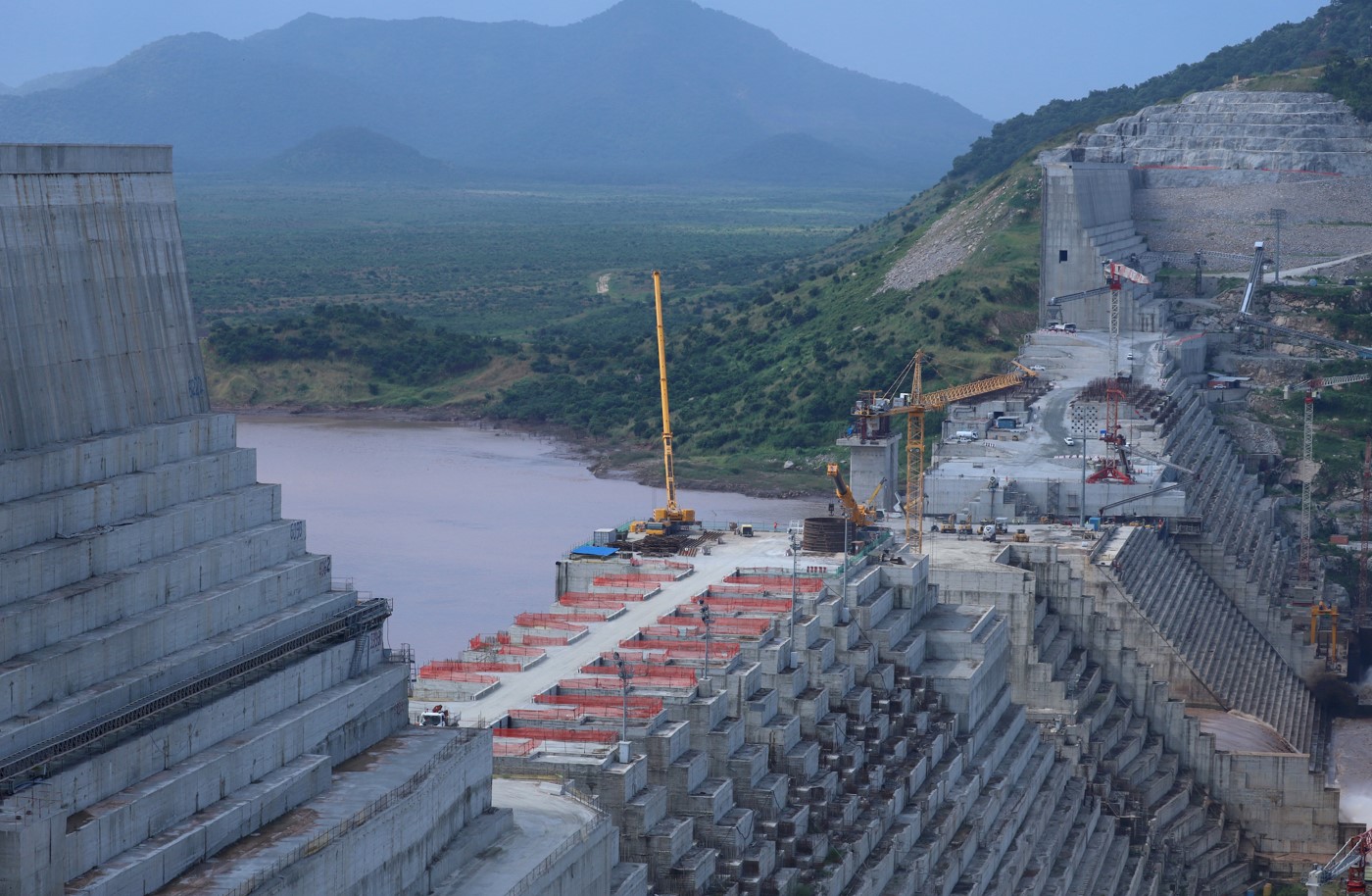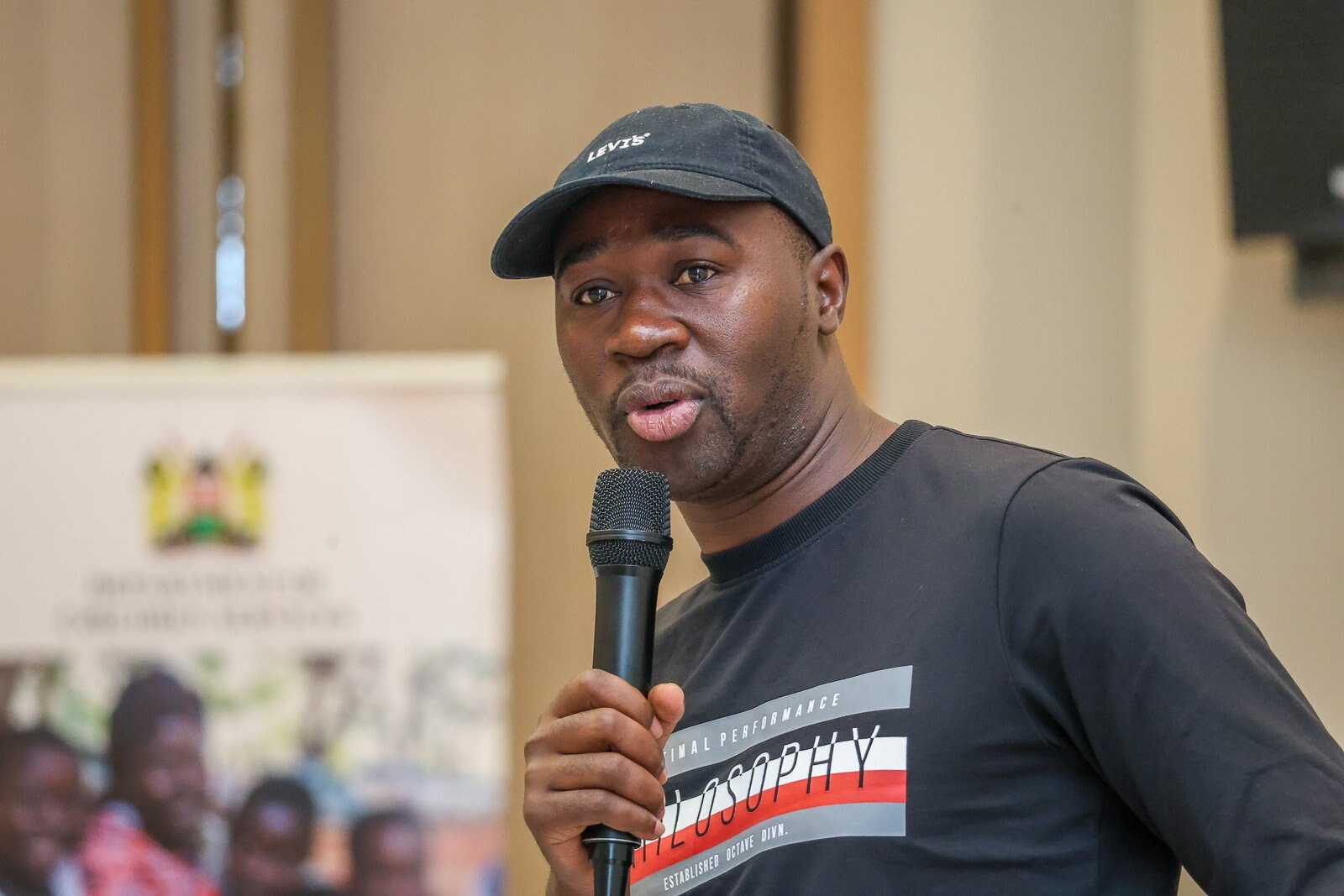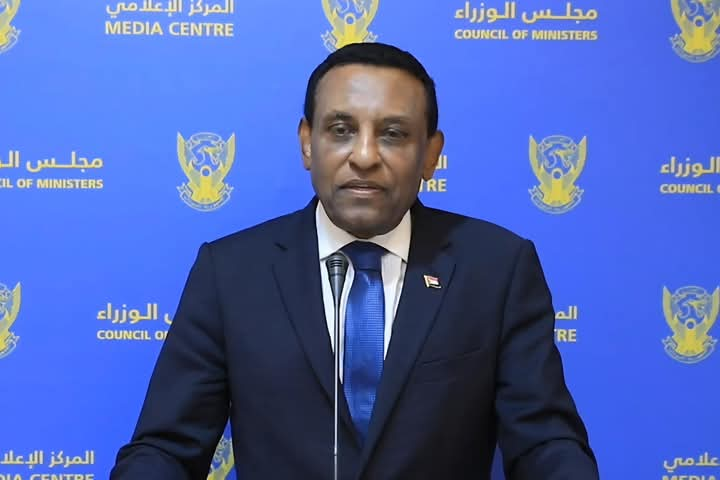IMF releases $10 million to support Somalia’s ongoing economic reforms

The funding is aimed at helping Somalia maintain macroeconomic stability and build stronger institutions in line with its National Transformation Plan and Vision 2060.
The Executive Board of the International Monetary Fund (IMF) has completed its third review of Somalia’s economic reform programme under the Extended Credit Facility (ECF) agreement. As a result, approximately $10 million has been immediately disbursed to support the country’s ongoing reform efforts.
The newly released funds are equivalent to Special Drawing Rights (SDR) 7.5 million, bringing Somalia’s total disbursement under the ECF arrangement to about $70 million (SDR 52.5 million) since the programme’s approval in December 2023.
More To Read
- World Bank urges Somalia to strengthen revenue efforts to support economic stability
- Foreign direct investment inflows to developing nations fall to 18-year low, threatening job growth - report
- Bleak outlook as CBK reveals one in three firms won’t hire in 2025
- State bows to Gen-Z pressure, goes slow on external borrowing to finance budget deficit
- IEA: IMF programme failed to fix Kenya’s economy, focused on debt repayment instead
- Ethiopia agrees minerals, energy deals worth Sh219.3 billion, chiefly with Chinese firms
The financial support aims to help Somalia maintain macroeconomic stability and strengthen institutional capacity in alignment with its National Transformation Plan and Vision 2060.
Despite Somalia’s continued commitment to reforms, the country faces significant economic challenges. The IMF projects that economic growth will slow to 3 per cent in 2025, down from an estimated 4 per cent in 2024. This decline is largely attributed to reduced foreign assistance, adverse weather conditions, and rising global uncertainty.
IMF Deputy Managing Director and Chair, Nigel Clarke, acknowledged the country’s reform momentum.
“The Somali authorities have maintained reform momentum with strong performance under their Fund-supported program. The newly launched National Transformation Plan provides a welcome roadmap to build resilience, promote inclusive growth, and reduce poverty,” Clarke said.
Domestic revenue collection
The IMF stressed the importance of boosting domestic revenue collection and improving the efficiency of tax and customs administration.
Clarke also underscored the need to implement the new Income Tax Law, advance the Pay and Grade reform, and establish a pension system for public servants.
The review highlighted ongoing progress in strengthening the Central Bank’s institutional capacity and expanding access to financial services. Additionally, the Somali government has begun preparations to reintroduce the Somali Shilling through the establishment of a currency board mechanism.
The IMF also noted developments in Somalia’s oil and gas sector, including the adoption of a new legal framework. It urged Somali authorities to ensure that the implementation of this framework is transparent and accountable, a key step in improving governance and attracting investment to the sector.
However, the IMF cautioned that continued progress depends heavily on sustained international support. It warned that uncertainty surrounding external financial assistance poses a major risk to Somalia’s future economic and social development.
The IMF reaffirmed its commitment to supporting Somalia through continued engagement and technical assistance as the country advances its economic reform agenda.
Top Stories Today
